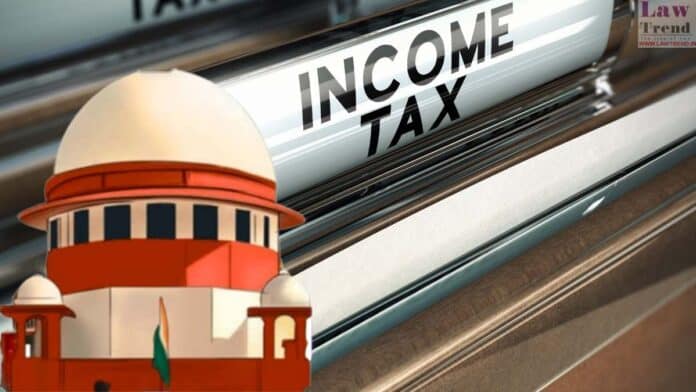The Supreme Court of India, in its recent judgment in Vinubhai Mohanlal Dobaria v. Chief Commissioner of Income Tax & Anr. (Civil Appeal No. 1977 of 2025, arising out of SLP (C) No. 20519 of 2024), has held that an income tax return filed belatedly after the issuance of a show cause notice for a
To Read More Please Subscribe to VIP Membership for Unlimited Access to All the Articles, Download Available Copies of Judgments/Order, Acess to Central/State Bare Acts, Advertisement Free Content, Access to More than 4000 Legal Drafts( Readymade Editable Formats of Suits, Petitions, Writs, Legal Notices, Divorce Petitions, 138 Notices, Bail Applications etc.) in Hindi and English.




